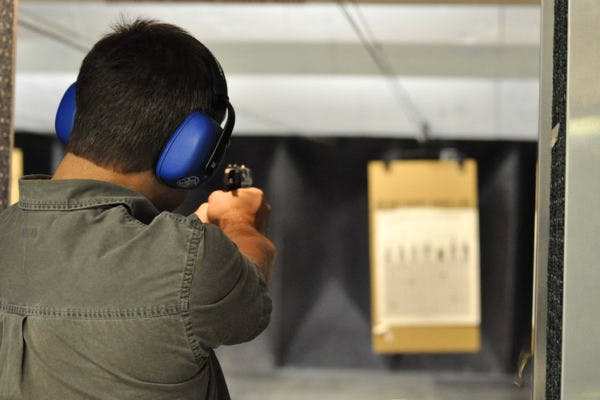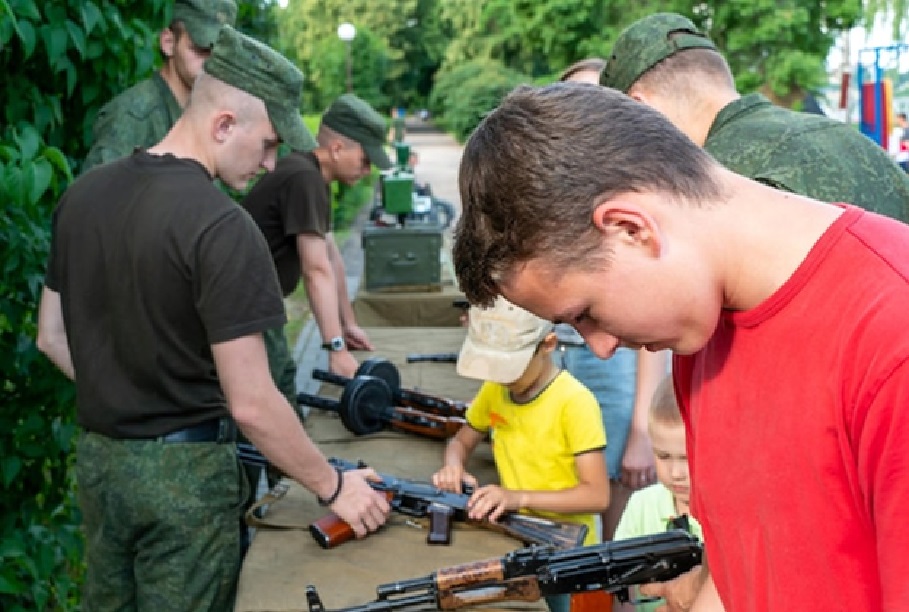In the complex and ever-evolving landscape of law enforcement, one of the most critical skills officers must possess is the ability to navigate high-stress situations with poise, precision, and unwavering judgment. At the heart of this imperative lies the importance of comprehensive officer-involved shooting training classes, which equip officers with the knowledge, techniques, and decision-making frameworks necessary to respond effectively in the face of extreme duress.
Understanding the Anatomy of High-Stress Incidents
When faced with an officer-involved shooting scenario, the human mind and body undergo a profound physiological transformation. Adrenaline surges, senses heighten, and cognitive processes shift into overdrive, creating a unique set of challenges that officers must be prepared to confront. Officer-involved shooting training classes delve deep into the science behind this stress response, empowering officers to understand the mechanisms at play and develop strategies to mitigate their potential pitfalls.
Improving Decision-Making Abilities

One of the primary focuses of officer-involved shooting training classes is the cultivation of sound decision-making skills. In the heat of the moment, officers must be able to rapidly assess the situation, weigh the potential consequences of their actions, and make split-second judgments that could mean the difference between life and death. Through comprehensive scenario-based training and rigorous role-playing exercises, officers learn to navigate the complex ethical and legal considerations that underpin the use of force, ensuring that their responses are both justified and proportionate.
Officer Involved Shooting Training Classes Helps Developing Tactical Proficiency
Alongside the cultivation of decision-making skills, officer involved shooting training classes place a strong emphasis on the development of tactical proficiency. From weapon handling and marksmanship to advanced movement techniques and threat assessment, these classes provide officers with the practical skills and muscle memory necessary to execute their duties with confidence and precision, even under the most stressful of circumstances.
Fostering Emotional Resilience
The psychological toll of officer-involved shootings cannot be overstated, and officer-involved shooting training classes recognize the importance of equipping officers with the tools to manage the emotional aftermath. Through mindfulness-based practices, stress management techniques, and peer-to-peer support systems, these classes help officers build the emotional resilience needed to cope with the trauma and moral dilemmas inherent in their profession.
Enhancing Communication and Teamwork
In the aftermath of an officer-involved shooting, effective communication and seamless teamwork become critical. Officer-involved shooting training classes emphasize the importance of clear, concise, and structured communication, both with fellow officers and with the wider community. By fostering a culture of collaboration and mutual support, these classes help to ensure that officers are able to work cohesively to navigate the complex legal and administrative processes that follow such events.
Honing Scenario-Based Training
Officer-involved shooting training classes involve scenario-based exercises that simulate high-stress, real-world scenarios. These immersive sessions use advanced simulation technologies like interactive virtual reality systems and custom-built facilities to expose officers to a wide range of potential threats and contingencies. Instructors play a crucial role in introducing new variables and complications, ensuring officers remain agile and responsive.
Conclusion
As the demands on law enforcement continue to evolve, the importance of comprehensive officer-involved shooting training classes cannot be overstated. By equipping officers with the knowledge, skills, and emotional resilience needed to navigate high-stress situations, these classes play a vital role in enhancing public safety, reducing the risk of adverse outcomes, and upholding the core values of justice and community service that underpin the law enforcement profession.


